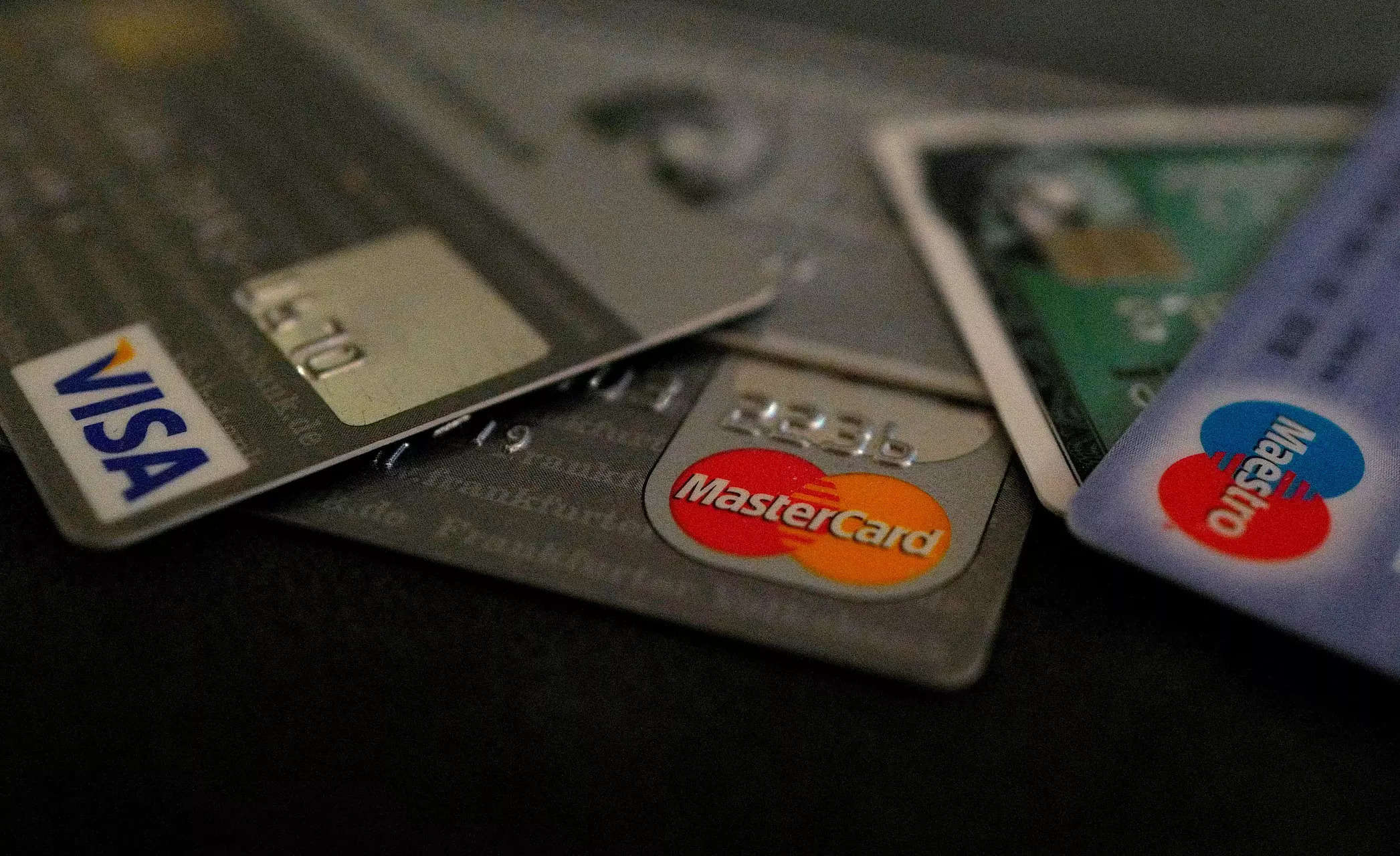[ad_1]
RBI’s scrutiny on bank cards:The Reserve Financial institution of India (RBI) has intensified its scrutiny on co-branded bank cards, a sector that has witnessed vital progress just lately. This goals to stop unauthorized entry into the tightly regulated bank card trade, knowledgeable sources informed ET.
They talked about that central financial institution Goals to tighten laws on co-branded bank cards.
The founding father of a fintech startup working on this area said that the regulator has beforehand raised issues about knowledge sharing between co-branding companions. They emphasised the significance of manufacturers solely serving as sourcing or advertising channels for co-branded playing cards, quite than permitting unregulated entities to use them for entry to the tightly regulated bank card sector.
The individual highlighted that non-banking finance corporations (NBFCs) have been looking for approval to problem bank cards for years. Nevertheless, the regulator has solely permitted just a few banks to problem these playing cards. The founder added that the RBI needs the expansion of co-branded playing cards however insists that it should happen inside a regulated framework.
ALSO READ | RBI updates credit score and debit card guidelines; this is what it means for cardholders
The central financial institution issued a directive on March 7, requiring all co-branded card issuers to prominently show the title of the issuing financial institution. Moreover, it instructed co-branding companions to not entry any transaction data of the cardholder.
Moreover, in a round issued on March 6, the RBI prohibited banks from getting into into unique agreements with card networks equivalent to Visa, American Categorical, and Mastercard., This transfer goals to supply prospects with a number of card community choices.
Final month, the central financial institution imposed restrictions on enterprise and industrial funds made by way of bank cards. In accordance with trade estimates, B2B vendor funds by way of bank cards have been totaling Rs 30,000 crore per thirty days, almost 20% of complete bank card spending. Nevertheless, these transactions have now been halted.
ALSO READ | High lodge bank cards from HDFC, SBI and different banks: Verify annual charges, free stays, membership advantages and extra
Many main manufacturers supply bank cards to their prospects by way of co-branding preparations. For example, Swiggy issued roughly 120,000 HDFC Financial institution playing cards, whereas Tata Neu issued round a million of them. Moreover, as of December 2023, ICICI Financial institution issued greater than 4.7 million playing cards by way of Amazon Pay.
As per RBI knowledge, ICICI Financial institution has a complete of 16 million playing cards issued, whereas HDFC Financial institution has roughly 20 million playing cards issued. Presently, the full variety of bank cards within the nation has reached 99.5 million, up from 70 million in January 2022. Moreover, the excellent bank card debt has surged to Rs 2.5 lakh crore, in comparison with Rs 1.5 lakh crore a 12 months in the past.
The startup founder was additional quoted as saying, “The regulator is anxious across the finish use of bank cards, be it company use circumstances or retail use circumstances… That’s the reason you see all these regulatory actions going down. As of now, B2B funds have been stopped and the sector is awaiting additional directions.”
The restrictions on bank card enterprise comply with the central financial institution’s current tightening of scrutiny within the digital lending and funds aggregator area.
They talked about that central financial institution Goals to tighten laws on co-branded bank cards.
The founding father of a fintech startup working on this area said that the regulator has beforehand raised issues about knowledge sharing between co-branding companions. They emphasised the significance of manufacturers solely serving as sourcing or advertising channels for co-branded playing cards, quite than permitting unregulated entities to use them for entry to the tightly regulated bank card sector.
The individual highlighted that non-banking finance corporations (NBFCs) have been looking for approval to problem bank cards for years. Nevertheless, the regulator has solely permitted just a few banks to problem these playing cards. The founder added that the RBI needs the expansion of co-branded playing cards however insists that it should happen inside a regulated framework.
ALSO READ | RBI updates credit score and debit card guidelines; this is what it means for cardholders
The central financial institution issued a directive on March 7, requiring all co-branded card issuers to prominently show the title of the issuing financial institution. Moreover, it instructed co-branding companions to not entry any transaction data of the cardholder.
Moreover, in a round issued on March 6, the RBI prohibited banks from getting into into unique agreements with card networks equivalent to Visa, American Categorical, and Mastercard., This transfer goals to supply prospects with a number of card community choices.
Final month, the central financial institution imposed restrictions on enterprise and industrial funds made by way of bank cards. In accordance with trade estimates, B2B vendor funds by way of bank cards have been totaling Rs 30,000 crore per thirty days, almost 20% of complete bank card spending. Nevertheless, these transactions have now been halted.
ALSO READ | High lodge bank cards from HDFC, SBI and different banks: Verify annual charges, free stays, membership advantages and extra
Many main manufacturers supply bank cards to their prospects by way of co-branding preparations. For example, Swiggy issued roughly 120,000 HDFC Financial institution playing cards, whereas Tata Neu issued round a million of them. Moreover, as of December 2023, ICICI Financial institution issued greater than 4.7 million playing cards by way of Amazon Pay.
As per RBI knowledge, ICICI Financial institution has a complete of 16 million playing cards issued, whereas HDFC Financial institution has roughly 20 million playing cards issued. Presently, the full variety of bank cards within the nation has reached 99.5 million, up from 70 million in January 2022. Moreover, the excellent bank card debt has surged to Rs 2.5 lakh crore, in comparison with Rs 1.5 lakh crore a 12 months in the past.
The startup founder was additional quoted as saying, “The regulator is anxious across the finish use of bank cards, be it company use circumstances or retail use circumstances… That’s the reason you see all these regulatory actions going down. As of now, B2B funds have been stopped and the sector is awaiting additional directions.”
The restrictions on bank card enterprise comply with the central financial institution’s current tightening of scrutiny within the digital lending and funds aggregator area.
[ad_2]
2024-03-11 06:40:58
[





















+ There are no comments
Add yours